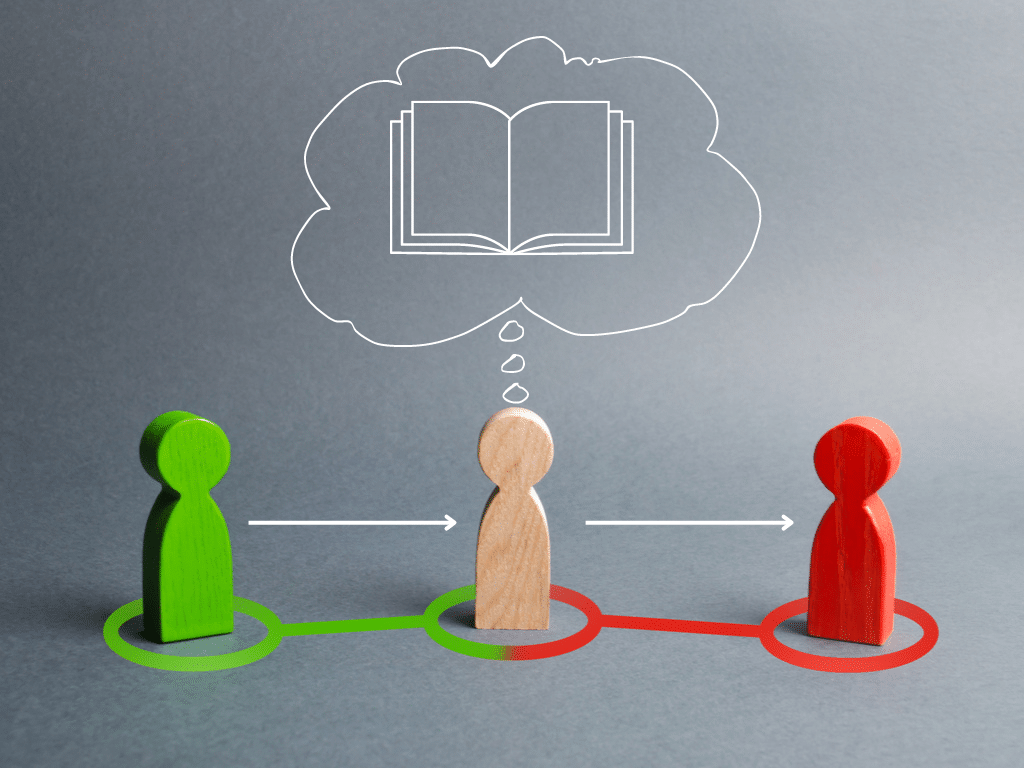ELSA Speak Review: High-Tech AI App for Developing an American English Accent

I learned English as a second language, and the toughest part was mastering pronunciation.
So I wanted to see if …

I learned English as a second language, and the toughest part was mastering pronunciation.
So I wanted to see if …

The BBC is known for their British programming, but it’s also a fantastic resource for English language learners. BBC Learning …

When saying or writing English sentences, you can use the active voice or passive voice. Most of the time …

When it comes to learning English, intermediate students have a unique set of problems.
They do not receive as much …

One of the hardest parts of English is mastering common English words you hear almost everywhere.
The good news is …

You probably look forward to going to a restaurant in your hometown.
But when you visit a restaurant where you …

If you’re an English learner working in or studying the medical field, it can be easy to get overwhelmed by …